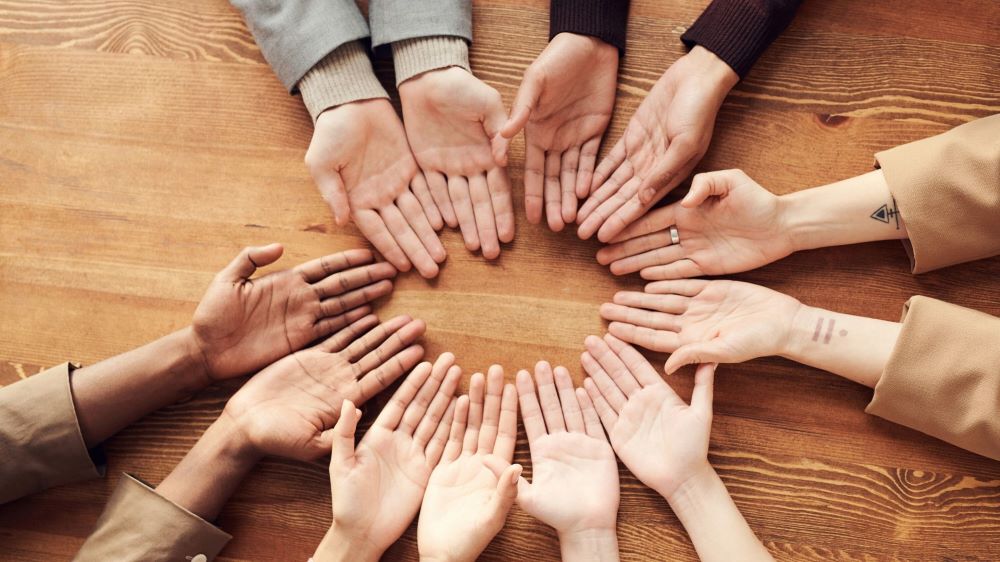I was lucky enough to attend SHRM’s Annual Inclusion conference in New Orleans last year(Go Saints!), and boy I was not disappointed. Seriously, inclusion is what I live for as a junior culture consultant, and I am amazed at how progressive HR has become since Civility Partners was founded 10 years ago. I have even noticed a change since I started here two and a half years ago.
Catherine even tells stories of the old days, when she’d call up SHRM chapters to ask if she could speak at a meeting on the topic of workplace bullying and being told no, because, “what is bullying?”
Now, Catherine gets calls to speak all day long and there are conferences for like-minded individuals all looking to make a difference in their organizational culture and ensure people feel respected and included.
Each presentation I saw at the SHRM conference communicated a powerful and necessary message, so I thought I would share my top three takeaways.
-
For any of you who have seen the CEO of SHRM, Johnny C. Taylor, speak, you know his message packs a punch. While his entire presentation was outstanding, one thing he said really resonated with me – “you can be non-inclusive by excluding yourself.”
One thing inclusion is about is being open, honest and aware of how your own behavior can either include or exclude someone from a group. Think about it – if you decide to isolate yourself because you disagree with the majority point of view, you’re closing yourself off from other perspectives.
-
One of my favorite presentations, by Guillermo Mendoza, analyzed the connection between diversity and natural brain function.
Did you know our brains are naturally wired to recognize differences and to create snap judgments as a survival tactic? This is what creates unconscious bias. Within one second of meeting someone, our brains are programmed to scan for race, age, and gender. Yikes, that’s hard to overcome.
Something else that stuck with me is that the best leadership style is not having one at all, and instead adapting to how others need to be managed. This message has become more and more clear with the generational shift in the workplace, so as a Millennial I just had to include this.
The last thing that Mendoza discussed was that diversity is instinctual, and inclusion is conscious. Boom, I’ll let you marinate in that. I’ve been marinating in it for a few weeks now and already have some new ideas for our Civility Partners D&I Training.
-
During a roundtable discussion at the conference, my group examined the phrase “Diversity & Inclusion.” Our proctor challenged us to think about switching the phrase to “Inclusion & Diversity,” and boy was my mind blown.
Organizations must establish an inclusive culture in order to attract, retain, and motivate diverse talent – rather than seek diverse talent and attempt to include them. In a toxic culture, diversity is moot, because the organization doesn’t foster an environment of positive communication and collaboration anyway. So your first step is defining your culture, and then moving forward with action items from there. *Hint hint * we conduct climate assessments to do just this! We’ll help you address what you find in the report too.
These are just a few nuggets from the many wonderful presentations that were scheduled at the conference. I wish there were ten of me so I could have participated in all of them. I swear my brain was about to explode! Hope to see you there next year.
Sincerely,
Rebecca, Junior Consultant at Civility Partners



